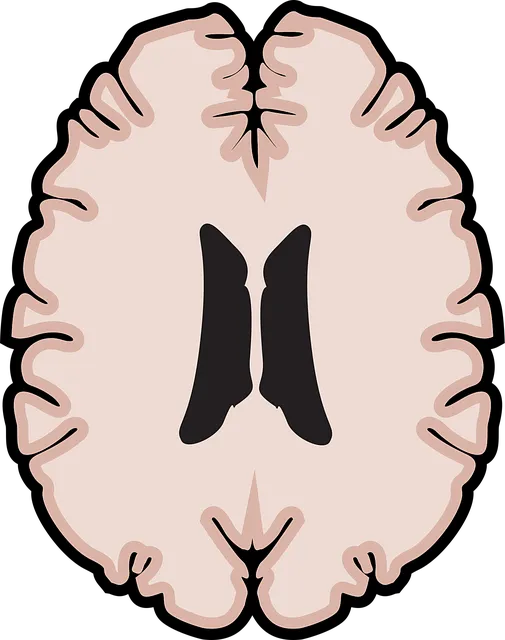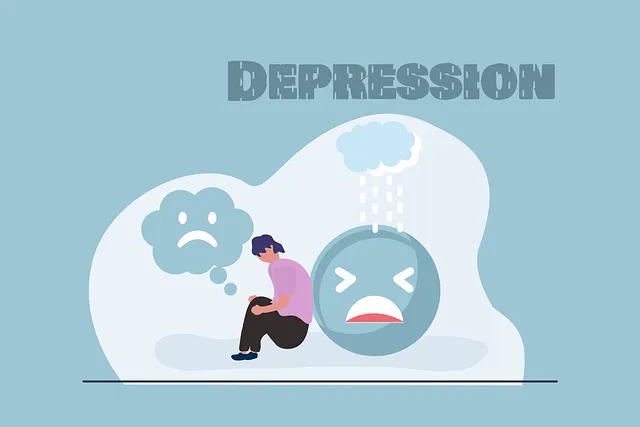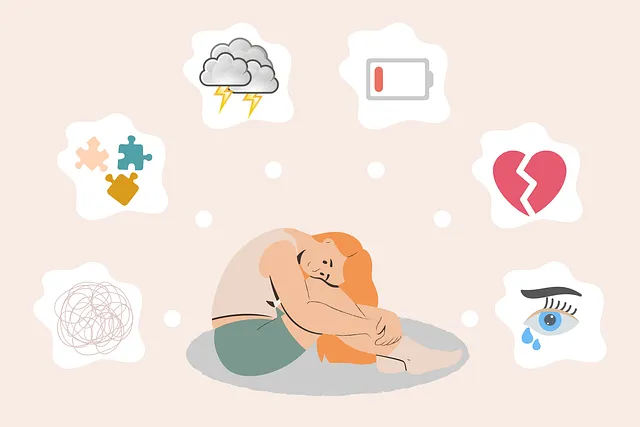Stress negatively impacts health and well-being, increasing risks of mental and physical ailments. Organizations like Kaiser Permanente address this through superior mental health services, offering specialized support, education on stress management, and community initiatives to foster resilience and prevent depression. Their holistic approach combines professional counseling with practices like compassion cultivation and mindfulness, leading to successful outcomes and enhancing overall well-being.
Stress management is a vital skill in today’s fast-paced world. This article explores effective techniques, focusing on the innovative approach by Kaiser Permanente, recognized for its superior Kaiser Permanente mental health services. We’ll delve into understanding stress, its causes, and impact, and present practical strategies for teaching stress management skills. By the end, you’ll be equipped with tools to navigate life’s challenges with resilience.
- Understanding Stress: Causes and Impact
- Kaiser Permanente's Approach to Mental Health Services
- Effective Techniques for Stress Management Teaching
Understanding Stress: Causes and Impact

Stress is a complex emotional response that arises from various factors, often intertwined with our daily lives. It can be triggered by demanding work or school environments, personal relationships, financial concerns, or even unforeseen life events. Understanding stress involves recognizing its multifaceted nature and the impact it has on both our physical and mental health. Prolonged exposure to stress can lead to significant consequences, such as increased risk of depression, high blood pressure, and weakened immune systems, emphasizing the need for effective stress management techniques.
The impact of stress extends beyond the individual, affecting productivity and overall emotional well-being. That’s where superior mental health services come into play, with organizations like Kaiser Permanente offering specialized support through various programs designed to promote emotional well-being. By educating individuals on the causes and effects of stress, these initiatives aim to equip people with depression prevention strategies and enhance their resilience in navigating life’s challenges. Mental health education programs are crucial in fostering a culture of open discussion around stress management, ensuring that folks have access to the resources they need to thrive.
Kaiser Permanente's Approach to Mental Health Services

Kaiser Permanente has established itself as a leader in providing comprehensive mental health services, prioritizing the well-being of its members. Their approach is holistic and emphasizes self-care and inner strength development. The organization offers a range of programs designed to support mental wellness coaching, ensuring individuals have access to effective tools for managing stress and improving overall mental health.
One of their key strengths lies in integrating various techniques, including social skills training, to foster a supportive environment. By combining professional counseling with community-based initiatives, Kaiser Permanente aims to empower individuals to take charge of their mental health. This multi-faceted strategy has led to improved outcomes, as evidenced by the superior number of successful cases and satisfied members, highlighting their commitment to transforming lives through exceptional mental health services.
Effective Techniques for Stress Management Teaching

Teaching effective stress management techniques is a valuable skill that can empower individuals to navigate life’s challenges with resilience. At Kaiser Permanente, their superior mental health services number highlights their commitment to providing comprehensive support. Through evidence-based practices, professionals guide clients towards holistic well-being.
One powerful method is compassion cultivation, which encourages individuals to foster self-compassion and understanding. This practice, a key aspect of Depression Prevention strategies, can reduce stress and promote emotional regulation. Additionally, incorporating Stress Reduction Methods, such as mindfulness meditation and deep breathing exercises, allows people to cultivate inner calm and enhance their ability to manage stressors effectively.
Stress management is a powerful tool for enhancing overall well-being, and effective teaching methods are key to empowering individuals. As demonstrated by superior Kaiser Permanente mental health services, integrating stress reduction techniques into healthcare can significantly improve patient outcomes. By understanding the causes and impact of stress, we can employ strategies like mindfulness, exercise, and cognitive-behavioral therapy, as backed by scientific research, to create a more resilient and balanced life. These teachings not only equip individuals with coping mechanisms but also foster a sense of agency in navigating life’s challenges.






